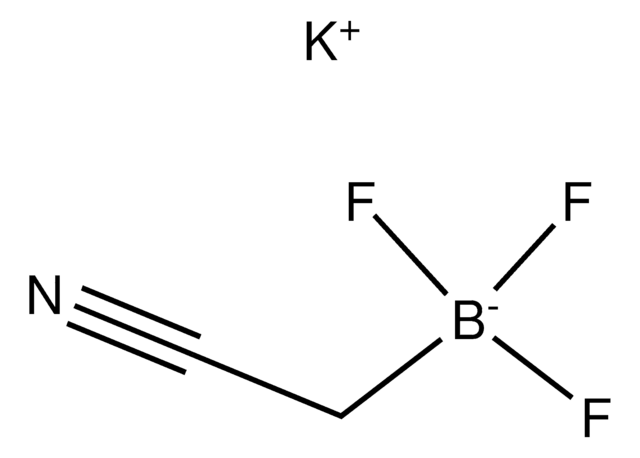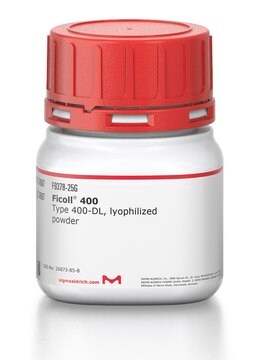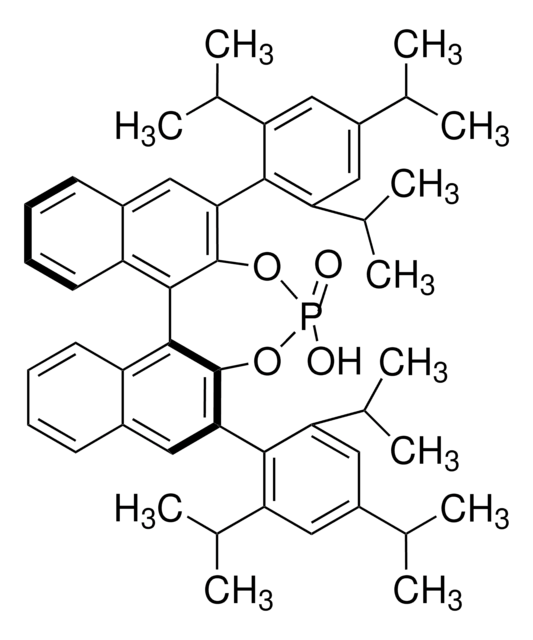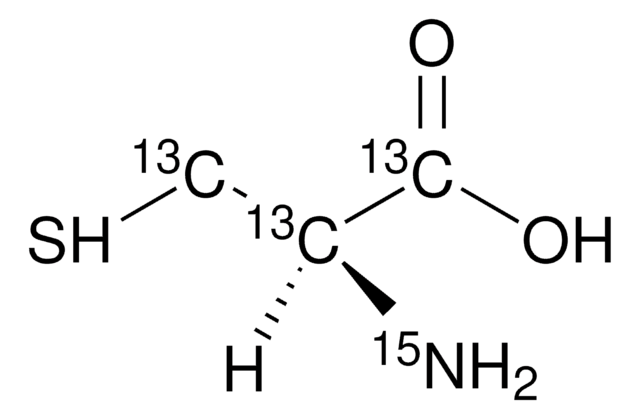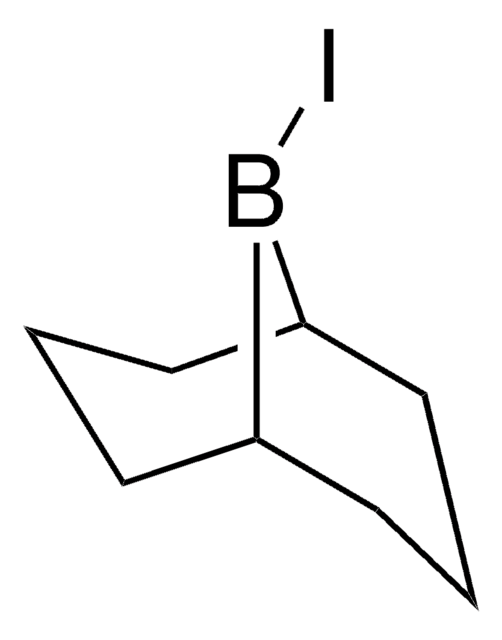About This Item
Recommended Products
Quality Level
Assay
90%
form
solid
mp
225-230 °C
SMILES string
[K+].F[B-](F)(F)CBr
InChI
1S/CH2BBrF3.K/c3-1-2(4,5)6;/h1H2;/q-1;+1
InChI key
AZDFPIRYUOCVCJ-UHFFFAOYSA-N
Application
- Suzuki-Miyaura cross-coupling reactions
- Synthesis of functionalized ethyltrifluoroborates
- SN2 displacement with alkoxides
Organotrifluoroborates as versatile and stable boronic acid surrogates.
Signal Word
Warning
Hazard Statements
Precautionary Statements
Hazard Classifications
Eye Irrit. 2 - Skin Irrit. 2 - STOT SE 3
Target Organs
Respiratory system
Storage Class Code
11 - Combustible Solids
WGK
WGK 3
Flash Point(F)
Not applicable
Flash Point(C)
Not applicable
Personal Protective Equipment
Certificates of Analysis (COA)
Search for Certificates of Analysis (COA) by entering the products Lot/Batch Number. Lot and Batch Numbers can be found on a product’s label following the words ‘Lot’ or ‘Batch’.
Already Own This Product?
Find documentation for the products that you have recently purchased in the Document Library.
Articles
These bench stable Potassium Organotrifluoroborates are useful for Suzuki-Miyaura cross-coupling reactions and have also been used for a variety of other C-C bond forming reactions. Importantly, these reagents are compatible with a wide range of functional groups and are stable to many commonly used and harsh reaction conditions.
Our team of scientists has experience in all areas of research including Life Science, Material Science, Chemical Synthesis, Chromatography, Analytical and many others.
Contact Technical Service

